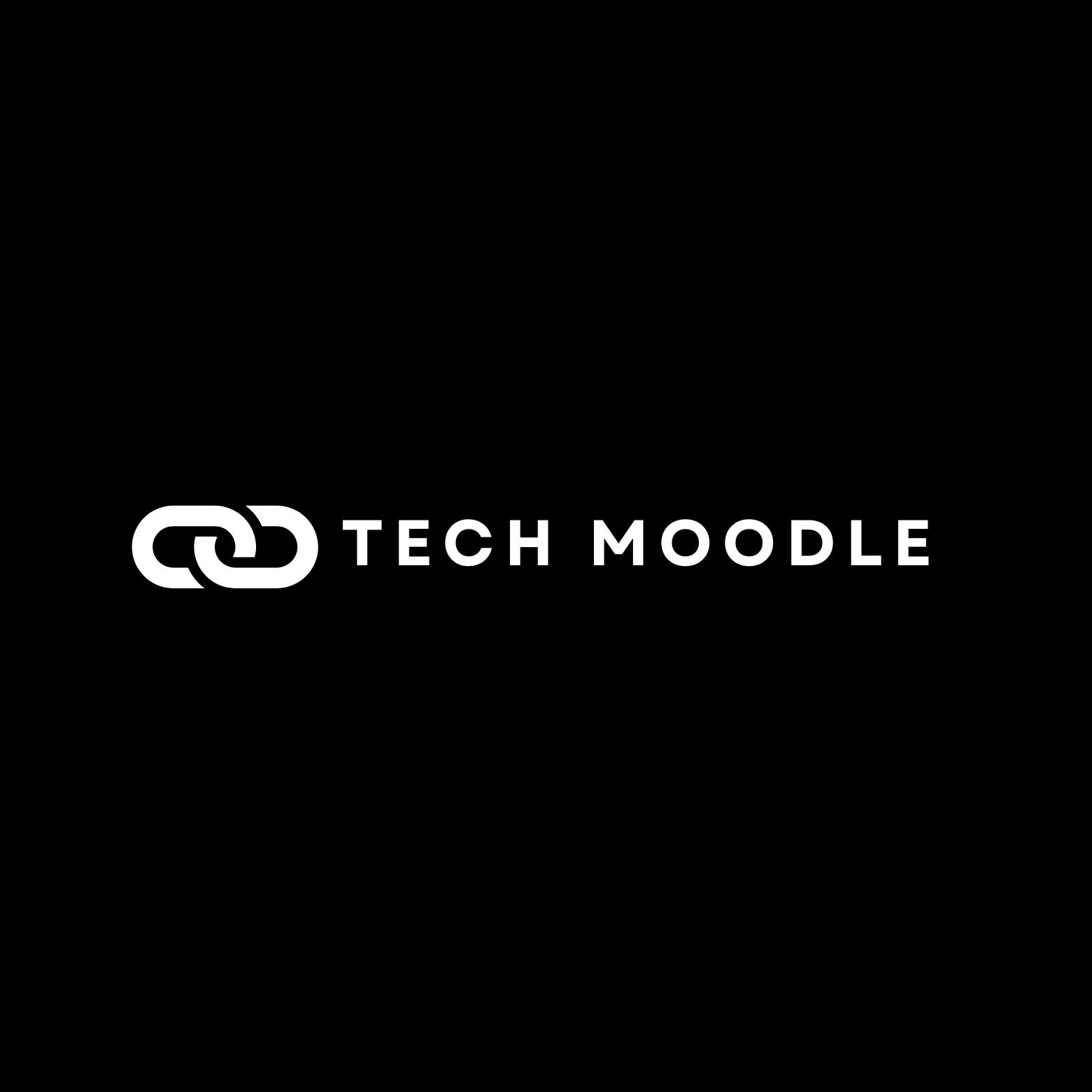Imagine a world where your coffee maker starts brewing the moment your alarm goes off, your lights adjust to your mood, and your refrigerator sends you a grocery list when supplies run low. This may sound like science fiction, but it’s the rapidly evolving reality of the Internet of Things (IoT).
What is IoT?
The Internet of Things is a vast network of interconnected devices–from everyday objects to complex industrial machines–embedded with sensors, software, and network connectivity. These devices collect and exchange enormous amounts of data, enabling incredible new levels of automation, efficiency, and insight.
How IoT is Changing Our Lives
IoT is transforming numerous aspects of our daily lives including:
Smart Homes: Smart thermostats, lights, door locks, and appliances offer convenience, energy savings, and enhanced security.
Smart Cities: IoT sensors optimize traffic flow, manage waste, monitor air quality, and improve the efficiency of public services.
Healthcare: Wearables track vital signs, connected medical devices provide remote monitoring, and IoT-enabled systems streamline healthcare operations.
Industrial IoT (IIoT): Sensors and data analytics revolutionize manufacturing, supply chains, and logistics, boosting productivity, and reducing downtime.
Retail: IoT applications track inventory, optimize customer experiences, and provide insights into consumer behaviour.
Benefits of IoT
Enhanced decision-making: Real-time data from IoT devices enables informed and timely decisions across many sectors.
Increased efficiency and productivity: Automation and optimization driven by IoT lead to increased efficiency and cost savings.
Improved resource management: IoT systems help conserve resources like energy and water and promote sustainability.
New business models and innovation: IoT is driving innovative products, services, and business models.
Challenges and Considerations
Along with its potential, IoT does come with some challenges:
Security: IoT devices can be vulnerable to cyberattacks, so robust security measures are essential.
Privacy: Concerns exist about how much personal data IoT devices collect and how it is used.
Interoperability: Ensuring seamless communication between different IoT devices and systems is crucial.
The Future of IoT
The IoT revolution is just beginning. As technology advances, we can expect even more sophisticated and impactful applications. Artificial intelligence integrated with IoT will push automation and analysis to new heights. The widespread adoption of 5G networks will enhance the speed and reliability of IoT networks.
Embracing the Connected World
Whether we’re talking about connected homes, industries, or entire cities, the Internet of Things is an undeniable force reshaping our present and our future. As this technology evolves, it’s important to remain aware of both the incredible possibilities and the potential challenges it presents.
